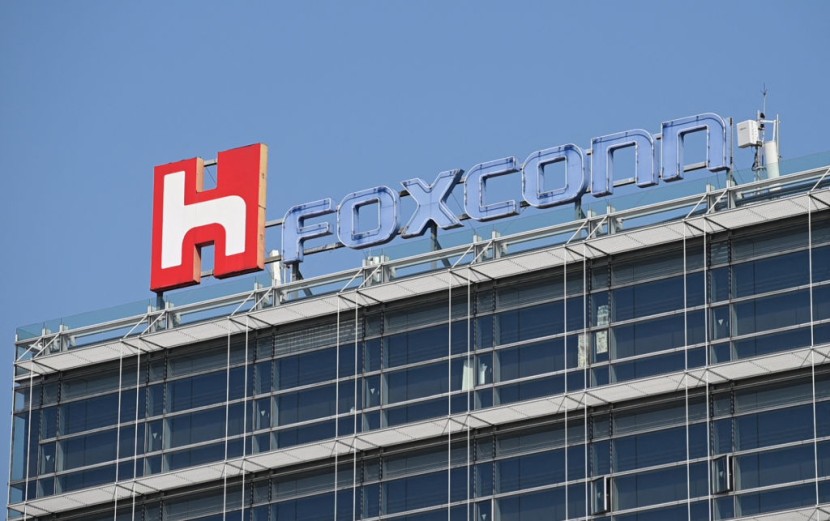
Foxconn, which recently severed ties with Vedanta over a $19.5 billion chipmaking joint venture (JV), has announced that it would seek incentives under India's semiconductor output plan.
Prime Minister Narendra Modi's chipmaking plans for India were dealt a blow on Monday, July 10, when Foxconn said it was withdrawing from its JV with an Indian metals-to-oil company, according to Reuters.
Proposal To Bid for India's Semiconductor Program
India's Modified Programme for Semiconductors and Display Fab Ecosystem is a $10 billion scheme that offers incentives of up to 50% of capital expenditures for chip and display manufacturing projects.
On Tuesday, July 11, the world's biggest contract electronics producer said that it was working towards applying under the program. "Foxconn is committed to India and sees the country successfully establishing a robust semiconductor manufacturing ecosystem," it stated.
Two sources familiar with the negotiations, who requested anonymity, said that Foxconn is in talks with numerous local and international partners to manufacture semiconductors in India utilizing mature chip production methods for goods like electric vehicles (EVs).
According to Reuters, one of the individuals remarked, "The company will continue to be there, just that it will find other partners."
Despite projections that India's semiconductor business would be worth $63 billion by 2026, Modi's initiative has stalled. Incentives were sought by several companies, but no agreement has been finalized as of yet.
The End of Foxconn-Vedanta JV
Foxconn said, without providing any data, that all parties to the Vedanta separation agreed that the project progress had slowed and that there were additional difficult gaps that they had not been able to seamlessly solve.
"This is not a negative," Foxconn added.
According to a separate Reuters story, the exit was caused in part by stalled negotiations over the European chipmaker STMicroelectronics' role as a technology partner of the Vedanta-Foxconn JV and the delayed incentive approvals.
On Tuesday, two individuals said that Foxconn's decision to dissolve the JV was influenced by concerns about Vedanta's financial stability shared by Indian authorities and the Taiwanese company.
Net debt for Vedanta India as of March 31 was 452.60 billion rupees ($5.5 billion), according to the company's most recent annual report. This figure more than doubled from the previous year owing to dividend payments and capital expenditure costs.
Meanwhile, Vedanta Chairman Anil Agarwal has said that the company has not had any loan defaults.
The Indian government, echoing Foxconn's sentiments, has said that the dissolution of the JV would have no influence on India's semiconductor goals and that both businesses are valued investors in India.
Foxconn's Taipei-listed shares gained 0.5% at market closing, lagging below the market average. Shares of Vedanta initially dropped by as much as 2.6% in Mumbai before recovering somewhat.
© 2025 HNGN, All rights reserved. Do not reproduce without permission.








